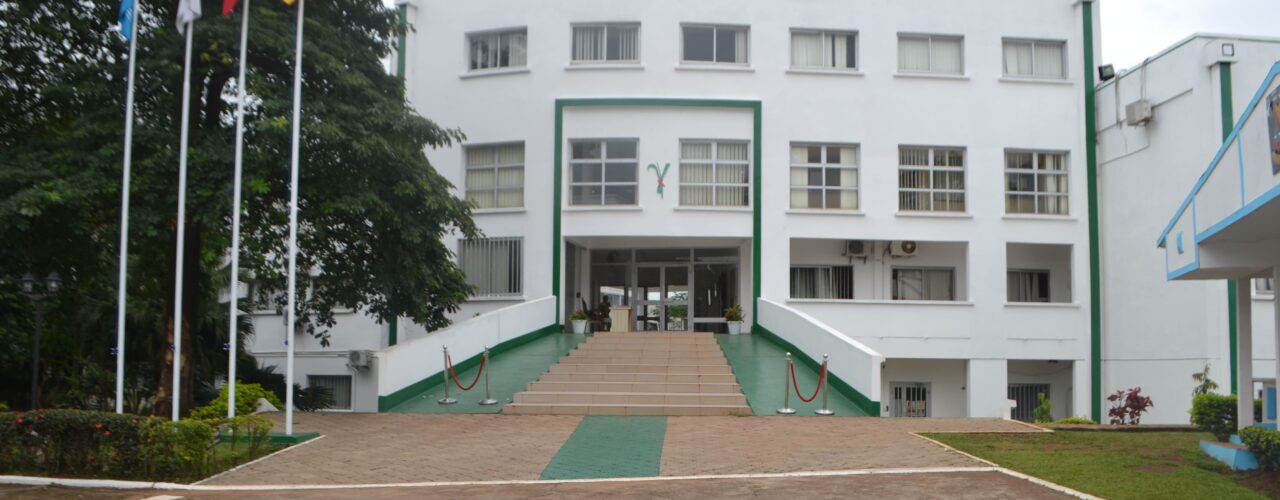
Characterisation of Viral Reservoirs among HIV-1 non-B Vertically Infected Adolescents receiving Antiretroviral Therapy in Cameroon: The AVIR-Study.
Background: Combination antiretroviral therapy (cART) can bring HIV-1 in blood plasma to level undetectable by standard tests and allow a near-normal life expectancy for HIV-infected individuals. Unfortunately, cART is not curative, as within a few weeks of treatment cessation, HIV viremia in most patients rebounds except for rare elite or post-treatment controllers of viremia. The primary source of this rebound is the highly stable reservoir of latent yet replication-competent HIV-1 proviruses integrated into the genomic DNA of resting memory CD4+ T cells. To achieve a cure for HIV, understanding the cell reservoir environment is of paramount importance. The size and nature of viral reservoir might vary per timing of therapy, therapeutic response, ART duration, and immune response. Mechanisms of reservoir maintenance generally depend on levels/type of immune recognition, dynamics of viral persistence are different between pediatric and adult populations, owing to, but not limited to, types/numbers of target cells, efficiency in clearing HIV-infected cells, plasma viremia and HIV drug resistance patterns. This difference could become more evident as these children grow toward adolescence (increasing population due to ART benefits), a stage during which suboptimal adherence is frequent, leading to viral rebound and archiving of resistant patterns.
Objectives: We plan to conduct a cross sectional study with the aim to characterize HIV reservoirs and their variability according to virological and immunological profiles of non-B HIV-1 vertically infected adolescents receiving antiretroviral therapy. Specifically, we shall (1) evaluate the size of HIV reservoir; (2) Determine HIV-1 genetic variability and drug resistance in cellular reservoirs; (3) Characterize immune activation/inflammation of HIV infected adolescents.
Methods: We plan to conduct an observational and comparative study involving 90 HIV-1 non-B infected adolescents aged 10-19 years vertically infected, have been on ART for at least 12 months selected from a cohort of the ongoing EDCTP-READY study; intravenous blood will be collected for CD4/CD8 count, plasmatic viral load, PBMCs isolation, immune activation/inflammatory markers, genotyping and Viral reservoir quantification. We will as well recruit a group of 30 HIV-negative adolescents as control for immunological profiling.
Overall impact: Our findings will help in advancing knowledge on HIV reservoir, in terms of size and genetic variability in adolescents living with HIV (ADLHIV). Such evidence will also help in understanding the effects of ART timing and duration on the size of reservoirs among ADLHIV, a unique population from whom findings generated will largely contribute in designing functional cure strategies in this vulnerable population.
Aknowledgements:
This project (TMA2020CDF3228) is part of the EDCTP2 programme supported by the European Union.
Principal investigator: Dr Aubin Nanfack, Head of Laboratory of Immunology and Microbiology.
Start date: 1st November 2021
End date: 30th October 2023
Study team:
General supervision: Prof Alexis Ndjolo
Mentor: Prof Vittorio Colizzi
Co-PIs: Dr Georgia Ambada and Dr Joseph Fokam
Quality Officer: Dr Bertrand Sagnia
Statistician: Prof Georges Nguefack Tsague
Lab technicians: Mrs Grace Beloumou, Mrs Elise Elong Lobe, Dr Nelson Sonela
Students: Aude Christelle Ka’e (PhD); Leslie Kenou (MSc) and Michelle Tsoptio (MSc)
Secretary: Mrs Honorine Nice.
Finance Officer: Mr. Wilfried Edjengte.

